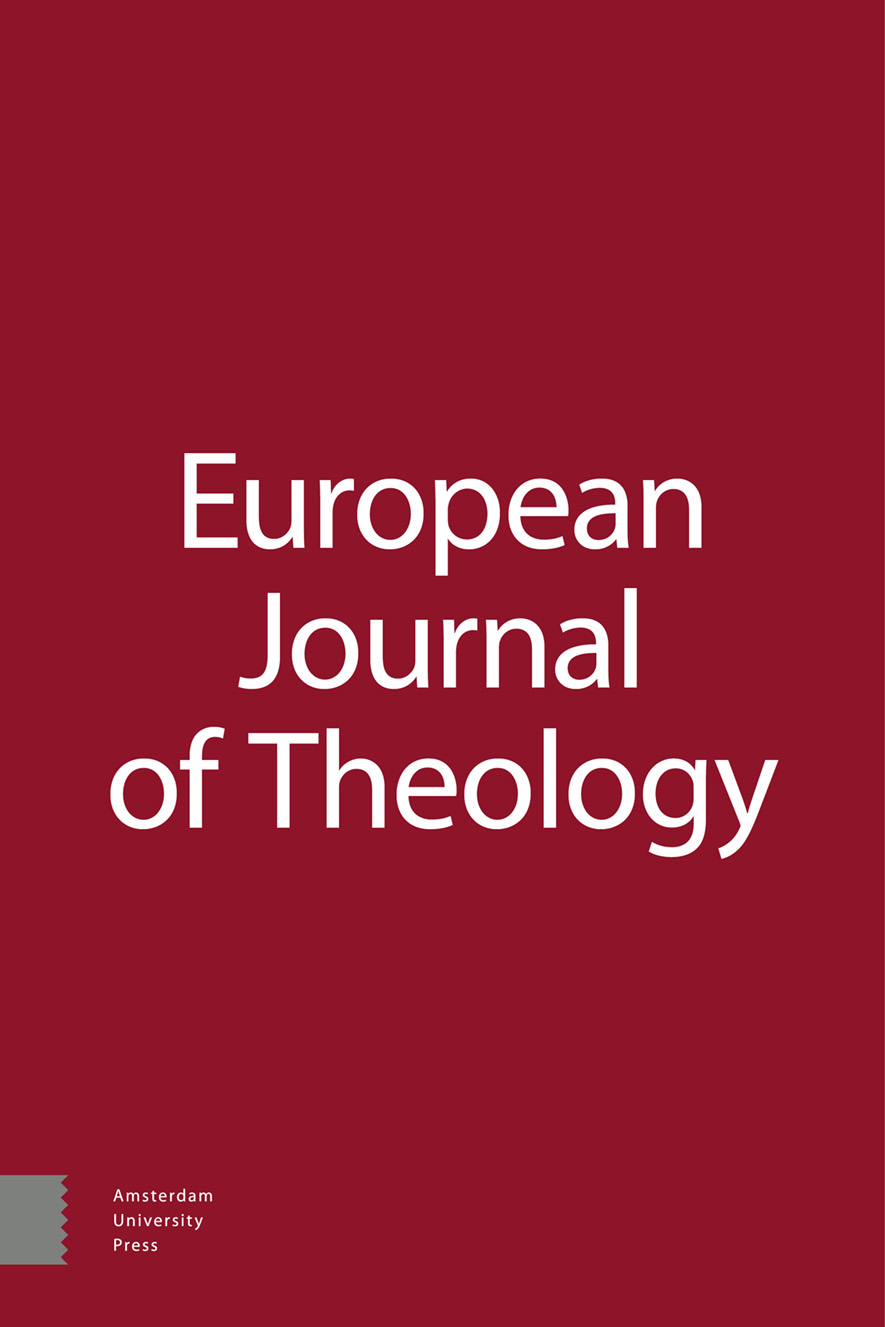-
oa Does the Septuagint Contain Inspired Revelation for Christians?
- Amsterdam University Press
- Source: European Journal of Theology, Volume 30, Issue 1, mrt. 2021, p. 37 - 59
-
- 01 mrt. 2021
Samenvatting
This article introduces the Septuagint as a complex Bible version which deserves more attention from evangelical biblical scholars. The author asks if differences between the Septuagint and the Hebrew text of the canonical books can occasionally be considered as the result of inspiration, and if so, whether the wording of the Septuagint should in certain specific places form the basis for modern translations of the Old Testament. The article pays particular attention to some scholars who have pleaded for the place of the Septuagint in the Church, such as Edward Grinfield, Georg Bertram, Mogens Müller and Benjamin Giffone, as well as to the handling of the Septuagint by the authors of the New Testament and by the Early Church. With Ross Wagner, the article concludes that some elements of the Septuagint represent God’s continuing revelation to his Church.
Zusammenfassung
Dieser Artikel stellt die Septuaginta als eine vielschichtige Bibelausgabe vor, die mehr Aufmerksamkeit seitens evangelikaler Theologen verdient. Der Autor stellt die Frage, ob Unterschiede zwischen der Septuaginta und dem hebräischen Text der kanonischen Bücher zuweilen als das Ergebnis von Inspiration angesehen werden können. Und wenn ja, ob der Wortlaut der Septuaginta an gewissen Stellen die Grundlage für moderne Übersetzungen des Alten Testaments darstellen sollte. Der Artikel legt besonderes Augenmerk auf Theologen wie Edward Grinfield, Georg Bertram, Mogens Müller und Benjamin Giffone, die für die Bedeutung der Septuaginta für die Kirche plädiert haben, sowie auch auf die Verwendung der Septuaginta durch die Autoren des Neuen Testaments und die alte Kirche. Zusammen mit Ross Wagner zieht der Artikel die Schlussfolgerung, dass einige Elemente der Septuaginta Gottes fortwährende Offenbarung an seine Gemeinde darstellen.
Résumé
Cet article présente la Septante comme une version complexe de la Bible qui mériterait plus d’attention de la part d’exégètes évangéliques. L’auteur demande si les différences entre la Septante et le texte hébreu des livres canoniques peuvent parfois être considérées comme le fruit de l’inspiration divine; et dans l’affirmative, si la formulation de la Septante ne devrait pas, en certains endroits, servir de base pour les traductions modernes de l’Ancien Testament. L’article porte une attention particulière à certains exégètes qui ont plaidé pour que la Septante ait sa place dans l’Église, comme Edward Grinfield, Georg Bertram, Mogens Müller et Benjamin Giffone, ainsi qu’à la manière dont les auteurs du Nouveau Testament et l’Église primitive traitèrent cette traduction. Avec Ross Wagner, l’article conclut que certains éléments de la Septante illustrent la manière dont Dieu s’est progressivement révélé à son Église.


